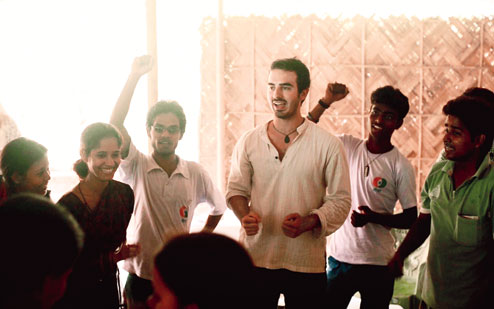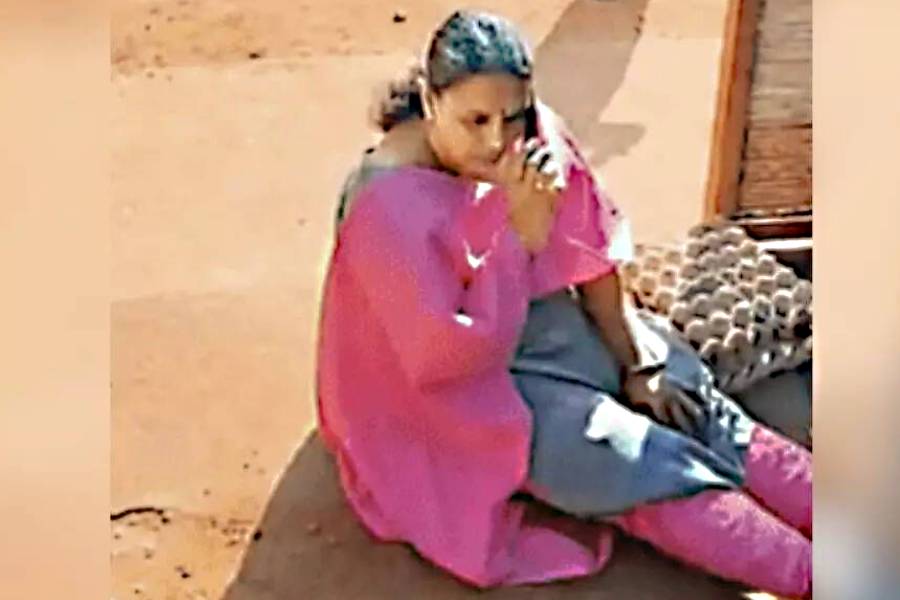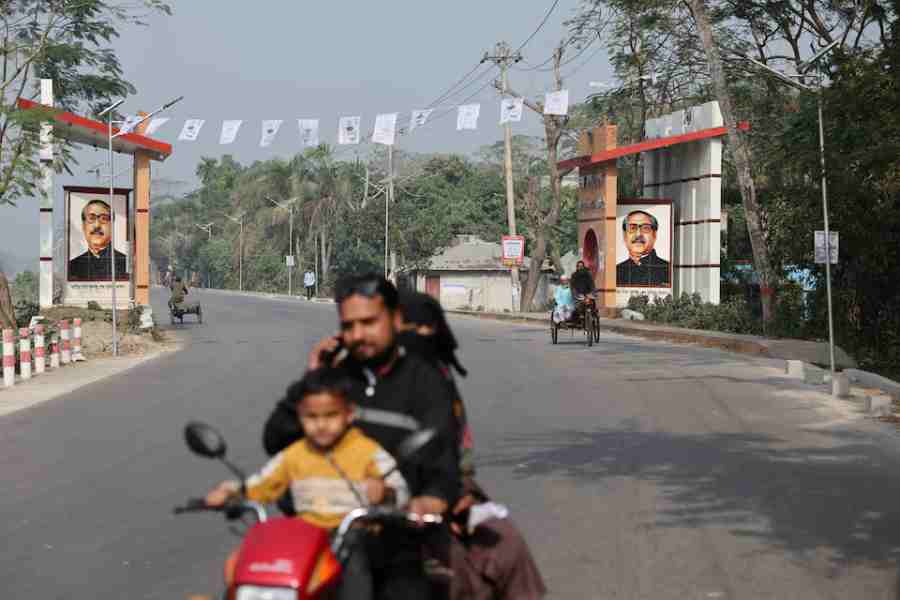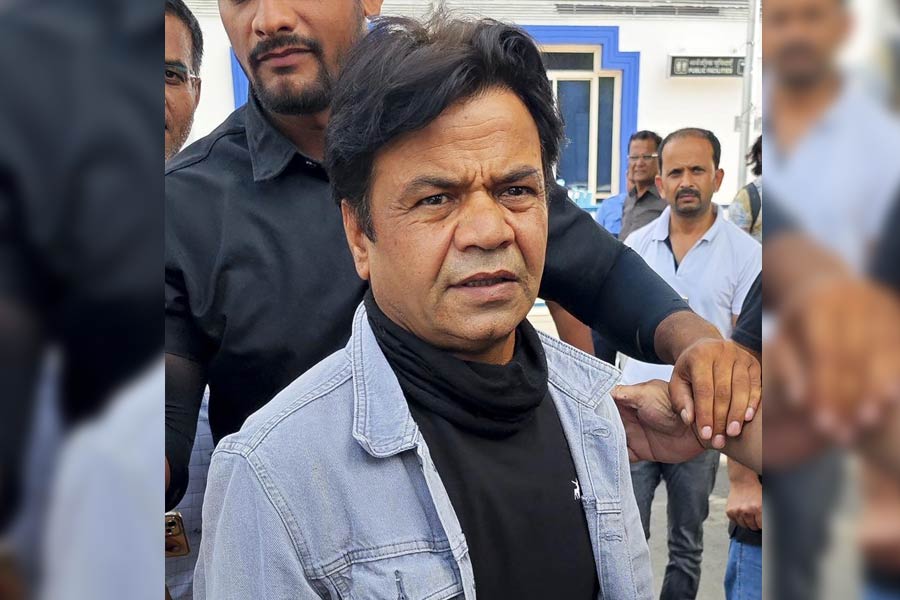 |
| Zubin Sharma conducts a community programme at Bishanpur village in Kishanganj in May this year. Telegraph picture |
Zubin Sharma (24), a New York-born youth with Indian roots is working in the hinterland of Kishanganj district for the past two years to educate and develop poor people’s skills.
He has no Bihar connection as such. His father is an Indian and mother American. Zubin was born and brought up in US and his parents live in New York.
His paternal place is in Lucknow but he has an American passport and a Person of Indian Origin card.
Zubin is a 2013 graduate from the University of Pennsylvania, where he studied political economy but spent most of his time learning about social entrepreneurship and building community.
“I first came to India in 2007, to work in my grandmother’s school at Lucknow.”
Thereafter, he interned with Husk Powers at West Champaran in 2010. That is when he began enjoying work in the rural areas of Bihar. He even took a semester off in his senior (fourth) year in September 2012 to work with NGO Pratham at Bishanpur village of Kishanganj district. “I worked there till January 2013,” said Zubin.
While working in Kishanganj he founded a non-government organisation (NGO) called SEEKHO. “It became apparent while holding community meetings, that the education system needs improvement. So, we started organising educational programmes for every stakeholder in the village — from mothers to pre-schoolers, all the way up to high school students. All these programmes were run by local change-makers from the community and that’s how SEEKHO was born,” Zubin said.
Though the foundation for SEEKHO was laid during Zubin’s gap semester, he had to return to New York to complete his graduation. A month after his course got over in May 2013, Zubin was back in Bihar to work in Kishanganj district. He had identified the potential of development in rural areas of Bihar and was driven by an urge to help people identify their own potential.
Seekho was formally registered as an NGO in New Delhi in August 2013. Talking about the response from residents on the work by him and SEEKHO, Zubin said: “Sarfaraz, a 10-year-old from Chainpur village in Kishanganj district, rarely goes to school, because he says no teaching takes place there. He spends as much time as we allow him, at SEEKHO, learning computers. We hope these classes do more than provide children basic knowledge.”
Apart from education, SEEKHO also works towards social and economic uplift of lower castes and other marginalised groups and overall development of the villages. “We at SEEKHO believe every individual in the villages has the potential and it just needs the right resources and channelisation to reap the fruits from it. While working in the villages over the past two years, villagers have mentioned various issues adversely affecting their lives, including municipal waste, poor health facilities and low-quality education. Thus, we keep on coming with various innovative programmes including ‘mother literacy programme’, ‘Anganwadi support programme’, ‘reading programme for students in Classes III, IV and V to augment the overall development of the villages,” said Zubin.
A unique programme being conducted by Zubin and his team at SEEKHO is ‘education-to-education- programme’, which involves those who have already studied at SEEKHO to teach new students.
Zubin claimed most of the funding or donation for his work and NGO comes from friends, relatives and professional partners in New York. With his qualification he could have stayed back in New York but he has said he wants to work in Bihar for a couple of years.
“Since I was studying social development, I always wanted to contribute towards development of society. I was always keen to working at the ground level, with the people. Besides, I always wanted to work in India because I have my roots here. I am really happy and satisfied with what I am doing here,” Zubin said.
He has also registered another NGO, Project Potential, for holistic rural development of villages involving resident experts to chalking out development plans for villages utilising existing resources.










